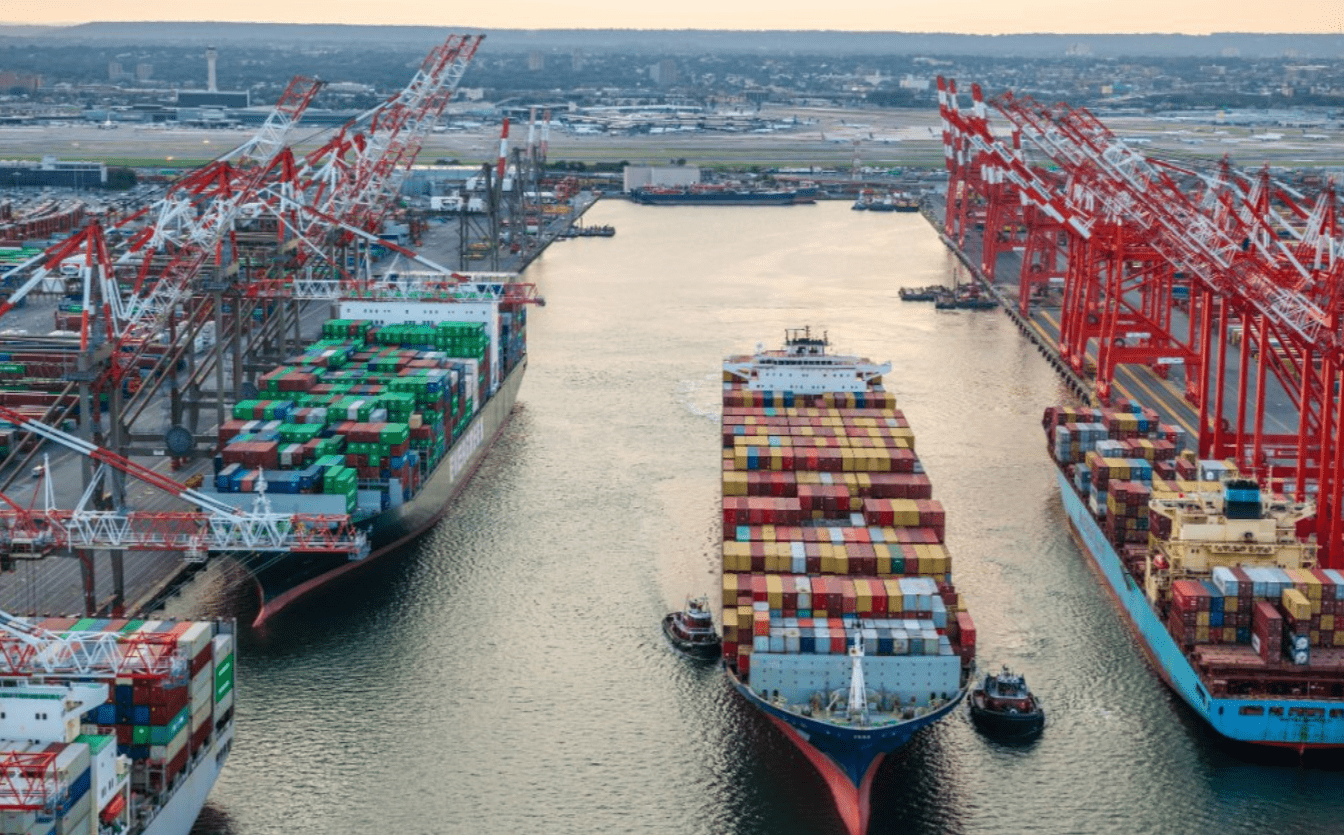US Shipping Act receives a reform from Congress
A bill is set to be enacted in the United States House of Representatives to form the US Shipping Act. with motive: to resolve supply chain congestion caused by the confluence of record consumer and corporate import demand in the US, combined with the delays caused by the Covid-19 pandemic.
Cargo merchants had urged the US Congress to act to amend the rules and function of the Federal Maritime Commission (FMC), claiming that congestion, delays, increasing costs, and a lack of equipment at US seaports have caused significant disruption to the ocean shipping network.
This new attempt comes in response to numerous complaints filed with the FMC by shippers alleging carriers engaged in unfair trade practices and imposed inflated costs. While the FMC has voiced worry about market circumstances, representatives of shipping companies immediately criticized these new legislations.
According to popular notion, the severe congestion issue was the result of the consolidation of shipping into a handful of ocean carriers, which removed the rivalry that existed for numerous years previous and hence the mutual regulation.
The World Shipping Council (WSC), an advocacy organization for container shipping, claimed the new legislation was defective. According to the WSC, liners are not entirely responsible for existing supply chain bottlenecks, and the law is "infused with fundamental unfairness."
“Congestion in the supply chain is common. Every link in the supply chain is under severe pressure, from maritime ports to truckers, rail trains, and warehouses. It is implausible, inequitable, and counterproductive to attempt to solve all the supply chain problems by regulating just one class of supply chain participants—ocean carriers,” the WSC hit back, implying that the law was designed to benefit shippers in commercial disputes.
The Ocean Shipping Reform Act of 2021, introduced by Reps. John Garamendi, D-Calif., and Dusty Johnson, R-S D., establishes minimum contract requisites for ocean carrier service agreements and transitions the burden of proof in regulatory proceedings away from shippers and toward container lines. Additionally, it defines reciprocal trading as a component of the FMC's mandate - including a requirement that ocean carriers cannot refuse export goods that can be loaded safely and in a reasonable amount of time.
Among other supervised to the FMC to overlook ocean carriers, the legislation:
- Updates standards for ocean common carriers to reflect the best industry practices.
- Imposes penalties on ocean common carriers and marine terminal operators who fail to confirm that any demurrage or detention fee conforms with FMC rules.
- Exempts maritime terminal operators from any terminal detention or demurrage costs if the charges are based on state-mandated public port rates.
- Effectively codifies the FMC Interpretive Rule on Demurrage and Detention Under the Shipping Act and requires ocean carriers to abide by basic employment conditions established to be in the public interest.
- Requires ocean carriers or marine terminal operators to keep all records about demurrage or detention costs for a period of at least five years and to make such documents available upon request to the FMC or billed party.
Simply because the market has momentarily shifted due to extraordinary consumer and corporate import demand in the US does not justify legislating an unlevel commercial playing field that will endure for many years if adopted.
Finally, Congress should stop and consider the implications for trading partners, whom this measure would encourage to adopt similar restrictive legal and regulatory systems in their nations if passed. For the US economy, a protectionist race to the bottom in maritime transportation regulation is not a viable approach.
Source: Container News





